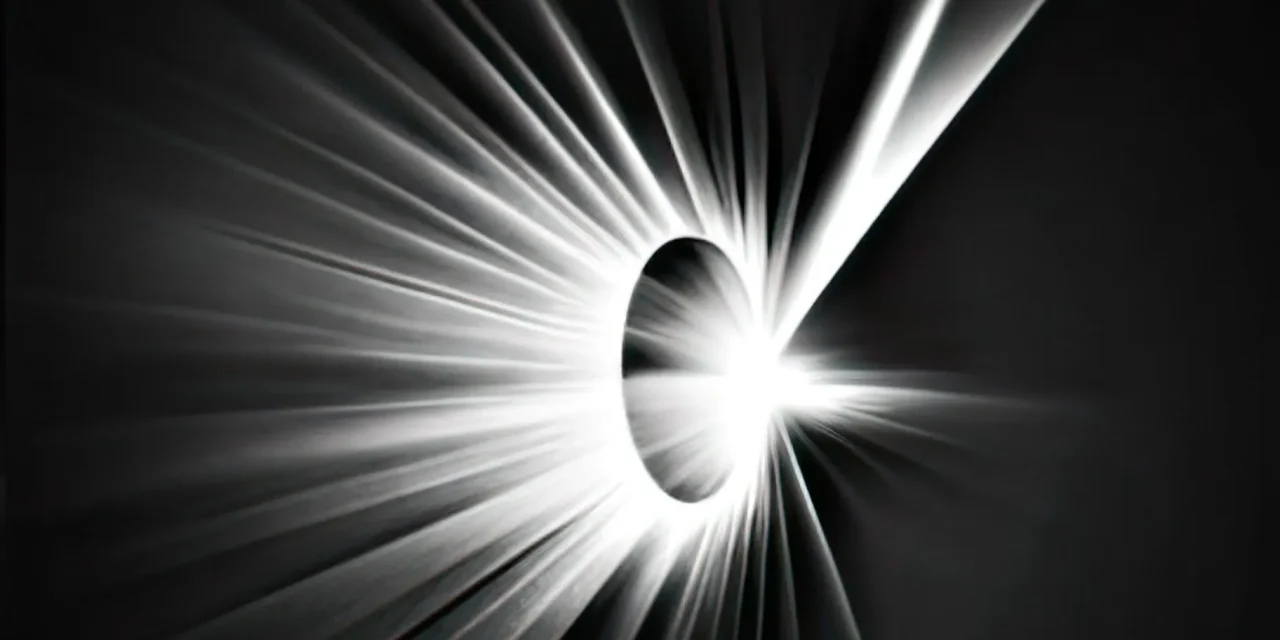
Editor’s Column August 2024

As I write this, the Paris Olympics are in full-swing and I am in Full Olympic Mode. I’ve been watching the Olympics since I was a kid; I love the country-on-country competition and witnessing the split-second difference between seeing dreams achieved vs dashed. A couple of days ago, I was watching some events with an optometrist friend and he mentioned that he can’t imagine what it’s like to dedicate so much of your life to something. Eat-sleep-breathe swimming. Dream about shot put. But the more I thought about this comment the more I thought that indeed we do dedicate a lot to something. We’ve worked daily since an early age to be in the position to provide the best eye care to our patients. Granted, no tourist is going to pay for an international flight to come watch us do gonioscopy. And no one plays the anthem after we use an Alger brush. But think about what it took for you to get here. Stressful exams in high school, college and grad school. Worrying about GPAs. Spending hours (days) of your life studying for national board exams. Maybe you took a gap year. Maybe you had a whole other career before this one. Maybe your path here was only possible because of the hard work and sacrifices of others.
Somewhere there is a kid watching an Olympian throw the discus or jump a hurdle and thinking: I should do that. But I would imagine that sometimes there are kids watching you do an exam who might also be thinking: I should do that. Athletes and weekend-warriors whose passion for their sport has waned recently are watching the Olympics and saying: I should really work on my game more. Reading journals like this one and others isn’t as fun as watching the Olympics, but hopefully it can inspire you to work on your “eye care game” more. Remember how much of your life you devoted to be in the position you’re now in. And remember that it takes effort to continue to perform at the top of your game. This profession might not be a sport, but it isn’t just any job.
Speaking of other countries, in this issue we have our second JoMO Spotlight article and it’s a very special one. Kent Van Zant was an American paleontologist working in Soviet Georgia in 1976 when he suffered an episode of optic neuritis. He documented his whole experience in a diary and we are fortunate enough to publish that excerpt here. There is a foreword written by Kristen Lamoreau, his optometrist who heard his ocular history and encouraged him to submit the diary for publishing. This isn’t the typical article you’ll find in an eyecare journal but I think it’s a fascinating read and gives an important insight to what happens to patients when they suffer an acute problem like this. Plus, Kent is an excellent writer and keeps the reader wanting more.
We also have a timely article about a case of solar maculopathy after the eclipse of April 2024. When it happened, I was wondering how the week after the eclipse was going to be in my clinic. I didn’t see any cases that week, but Sarah Rogers did and she shares with us what we need to know to diagnose it and what we need to tell our patients about eclipse glasses. Finally, take the time to read the study by Rebecca Czerwinski et al about optic disc drusen and diabetes, a retrospective review which looked at 485 records over seven years to determine if there is a link between those two conditions. Research like this is important to further knowledge in our field.
We are all lucky to be where we are in this career, but we’ve also earned our luck. It’s up to us to use this opportunity to push ourselves to be the best we can be.
Dr. Rett is the Editor-in-Chief of the Journal of Medical Optometry and the secretary for the American Board of Certification in Medical Optometry. He is the Chief of Optometry at VA Boston and sits on the national Field Advisory Board for Tele Eyecare at the VA. He is adjunct clinical faculty at several optometry schools, lectures nationally and enjoys writing about eyecare whenever and wherever.










